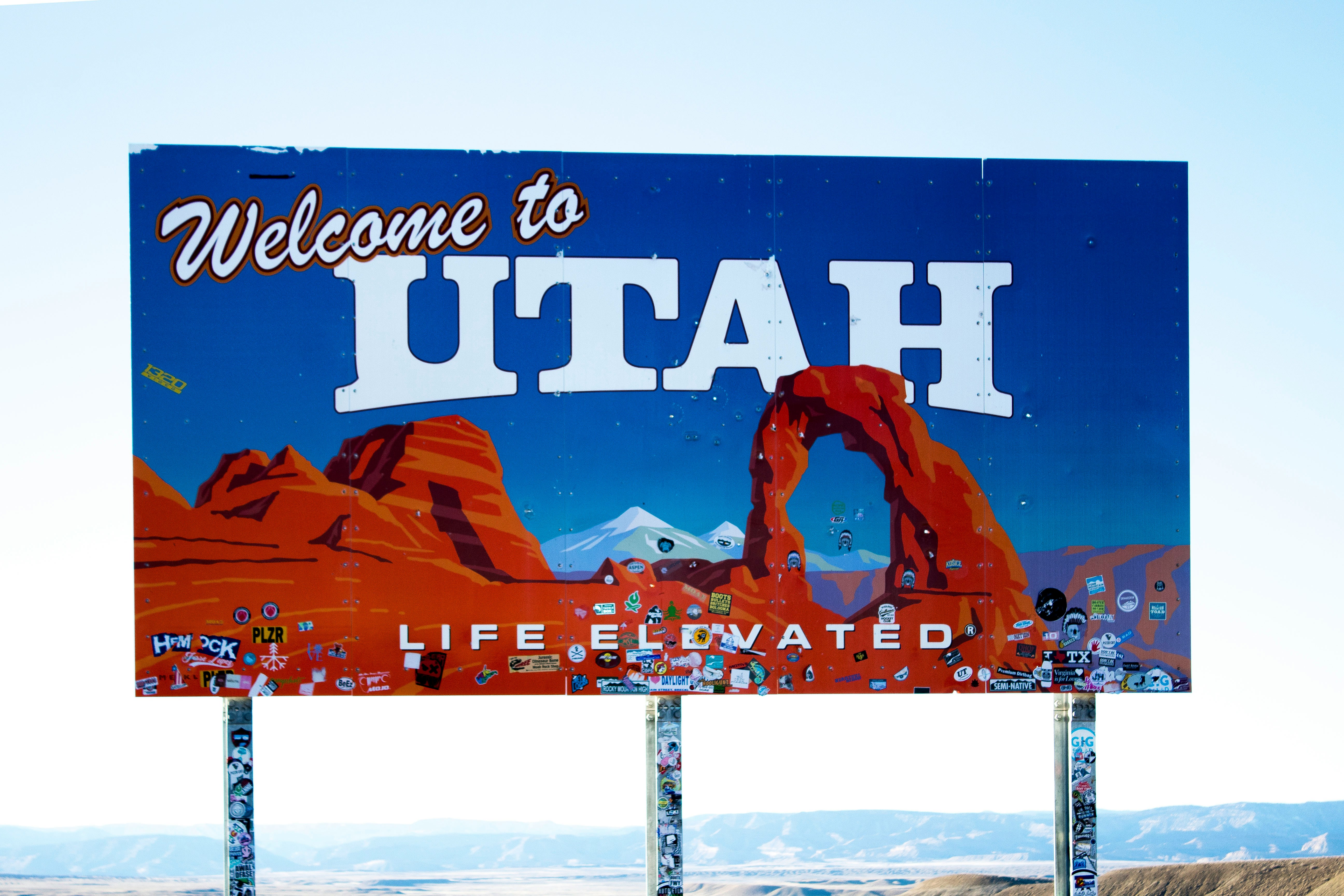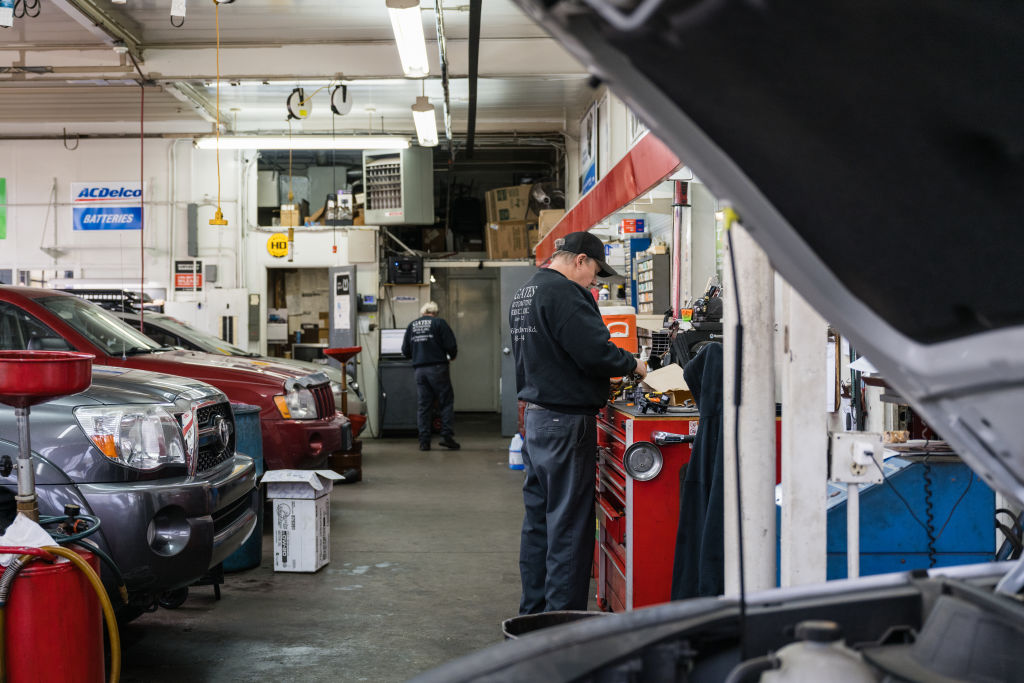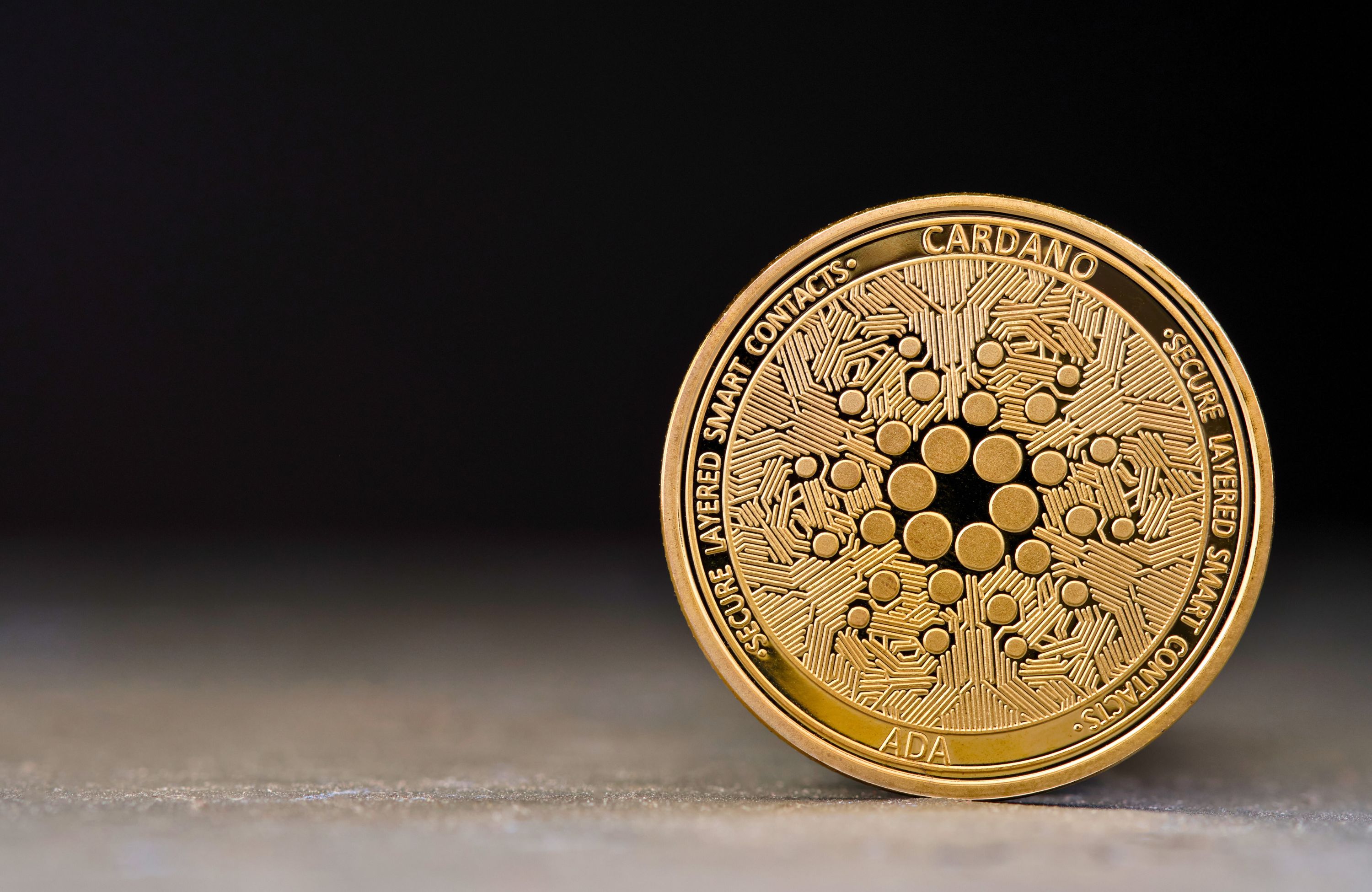Food Safety: How to avoid food poisoning while traveling
By Staff Writer
Food poisoning is always a possibility that cannot be ignored during international trips. However, with the right planning of the trip and a few advices from other travelers, tourists should be able to enjoy their next trip abroad without worrying that they'll end up being ill after eating bad food.
According to the Centers for Disease Control and Prevention (CDC) via USA TODAY, more than 50,000 cases were verified during travel because of fish-related food poisoning which occurs each year. And that's only for one food group. But with planning and a careful eye, tourists may avoid having food poisoning during the travel.
The most reported common foodborne illnesses occurring during trips include that of Salmonellosis caused by Salmonella bacteria, and E. Coli infection and Norwalk virus. But the outbreaks of these foodborne and any other illnesses are checked by the World Health Organization (WHO) and the Centers for Disease Control and Prevention (CDC).
First and foremost, most travelers often times boost their immune system before their travel schedule. They also get lots of exercise and enough sleep, and eat plenty of healthy food like fruits and vegetables. Some of them may also take a probiotic dietary supplement or yogurt during this time to help their stomach be filled with bacterial cultures that aid digestion and fight the so-called bad bacteria that may be encountered during the getaway.
Another thing that frequent travelers do is to understand that the food they eat at home isn't necessarily "safer" than any food found abroad. The logic is simply that a person's body isn't accustomed to it. One important difference between homegrown and foreign foods is the use of more "natural" fertilizers to some countries about, which may carry bacteria that could create intestinal distress called as traveler's tummy, as claimed by Indepent Traveler.
Tourists new to the place should also keep an eye on the drinks they purchase during travels. While on a trip, they can stay hydrated and eliminate the risks of local water supplies by drinking bottled or sterilized water. They should always see to it that a water bottle's seal is left unbroken before drinking from it. They should also be aware that some restaurants and vendors refill empty water bottles using unfiltered local water.
In other cases, many travelers may have caught bacteria or other microbes elsewhere. And the only way they could get rid of them is through washing their hands thoroughly before touching their food or eating anything. However, if you already caught food poisoning, the body can fight off food poisoning better when it's minimally affected with smaller portions of food rather than a very large meal. The side effects of vomiting and diarrhea are also reduced when the body has to eliminate less of the food, as mentioned in Travel Insurance Review.
Other people also bring emergency food while travelling. These will surely replenish the supply with trusted items as they go on the trip. This is also a known best way to be sure that people are not exposing themselves, especially the children, to potentially contaminated foods bought during their trip.
To date, although some travelers may not avoid getting sick on or after the getaway, it is still safe to follow the guide provided by other travelers. By keeping an eye on the food they consume as well rethinking twice and more what food or drinks they'll consume, they would most probably be farther away from getting sick during their travels abroad.












